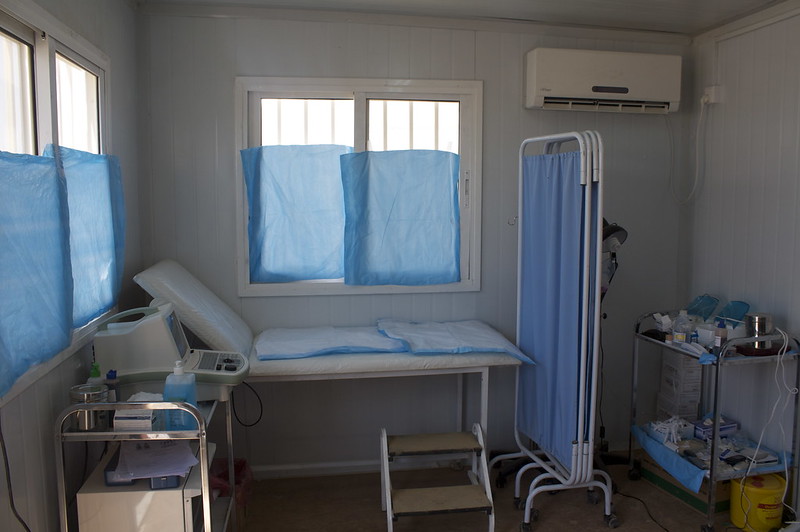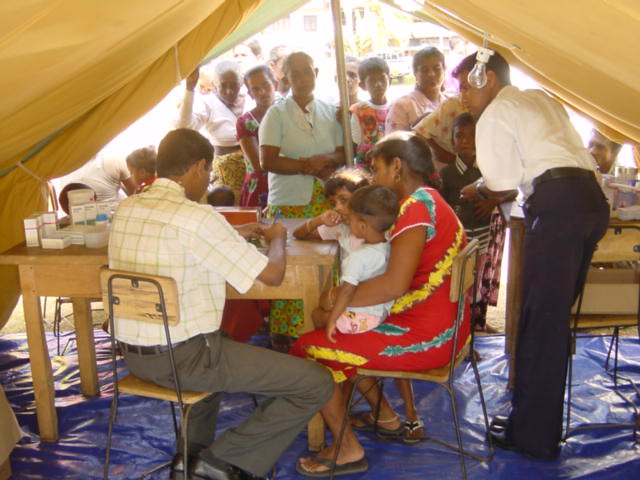Ethics in Immigration Debates (April)
In April 2020, the Rights Writers were asked what perspectives have been left out of the major debates on their topic, and how would including them increase understanding or contribute to progress on this issue.
Issues of immigration are extensive, twisting and knotting into other global issues like climate change, violence, poverty, education, health care, racism, religious persecution, the list goes on. Refugees, asylum-seekers, and unauthorized immigrants in the United States are affected especially deeply by many existing social, political, and economic debates.

Consider the current pandemic we are experiencing globally— one could see how undocumented immigrants, asylum-seekers, and refugees might be particularly affected since they typically have limited access to healthcare, have less secure employment and housing, and may not receive the same benefits as citizens. This raises a number of ethical questions: Is it more pertinent to prevent the movement of people or to secure the safety of those refugees and asylum-seekers who are fleeing their country of origin for fear of their life? How do we prevent the spread of COVID-19 in refugee camps? Whose responsibility is it to provide resources to refugee camps to prevent the spread? In the United States, should we aid undocumented immigrants who may be out of work? Can we morally prevent asylum-seekers from entering the country during this time? By working out ethical dilemmas such as these, we can further the advancement of human rights worldwide.
Despite considerable coverage in the news, there is a general lack of competency surrounding issues of immigration and an absence of ethical considerations. Many people don’t know the various statuses an immigrant can have, the legal implications of those, and the processes for obtaining different statuses. As I wrote about last month, this perpetuates various stereotypes and can lead to a spread of misinformation. In one moment of Jose Vargas’s Dear America autobiography, a woman asks him, an undocumented immigrant, why he doesn’t simply get legal status if he wants to stay in the country, demonstrating the general misconceptions many people have. One significant barrier to increasing the public’s understanding of immigration processes is the general lack of clarity from the government regarding these proceedings. Policies about immigration are complex and change frequently making it difficult to stay up-to-date and informed. Another obstacle is the growing xenophobia resulting from a shift in the demographics of migrants, which I discussed back in February. A distrust of migrants may discourage authentic analysis by the public on such topics and lead to biases when reading about issues of immigration.

Redirecting our debates towards ethical considerations, we need to focus more on providing the resources for people to help themselves and empowering hospitality and compassion among our compatriots. Securing people’s right to work and linguistic rights of representation at the U.S.-Mexico border are good starting points. The debates surrounding these policies should concern the level of rights to foreigners from an ethical perspective rather than an economic or social one. This needs to be taken out of the framing of “innocent children” or “vulnerable families,” which inadvertently degrades other immigrants (see March blog post), and instead, emphasizes our universal and essential human rights. In doing so we create a political atmosphere that is more inclusive and not only respects the human rights of others but ensures them and fights for them. In order to do this though, ethics need to become more of a concern among voters. Perhaps the current pandemic crisis, through the exacerbation of social problems, will spark an increase in ethics as a priority for the 2020 presidential election. The inspiring and incredible efforts by many people during this crisis have already demonstrated the compassion that drives people to do what they can to help. In the wake of COVID-19, hopefully, this momentum can persist and lead to more ethical approaches to dealing with homelessness, poverty, health care, and policies related to migrants.
This blog series has worked to create a more informed view of immigration issues and to introduce the ethical considerations of these debates. Going forward, I hope that immigration policy will become more transparent, so that the public can be better informed, and that policies aimed at migrants will further consider the human rights consequences of their implementation. Moreover, I hope there will be a shift in the rhetoric used by politicians, media, and the public when discussing immigration issues, from a socioeconomic-centric perspective to an ethical one.
